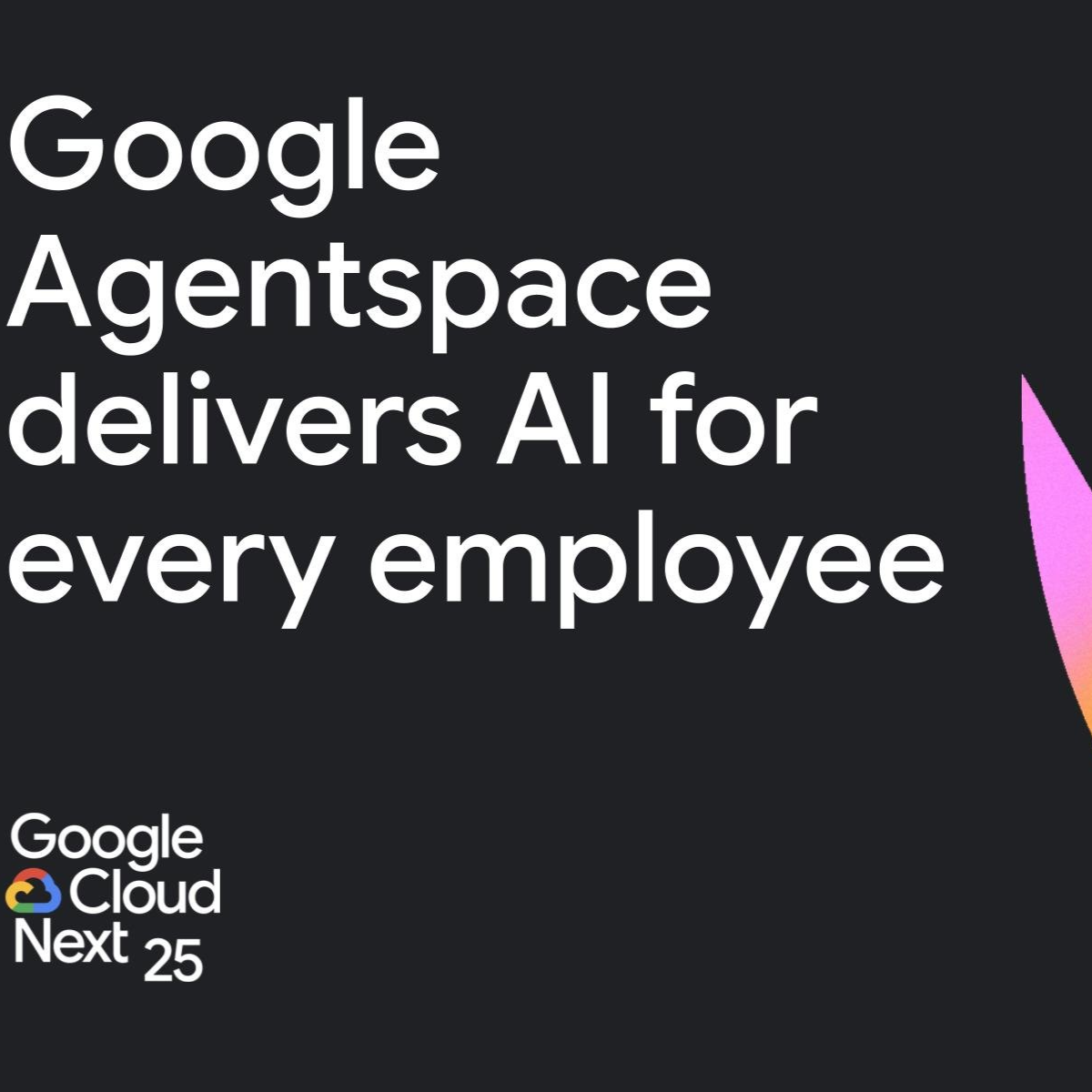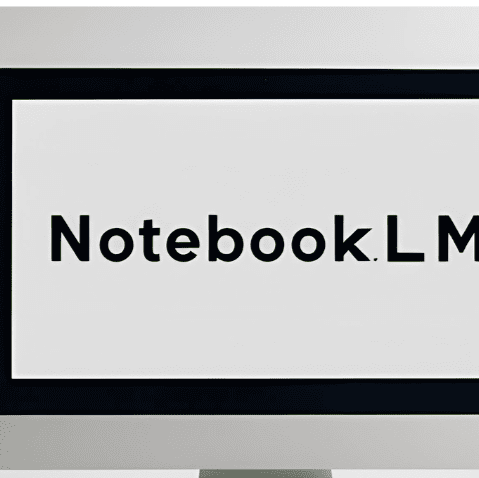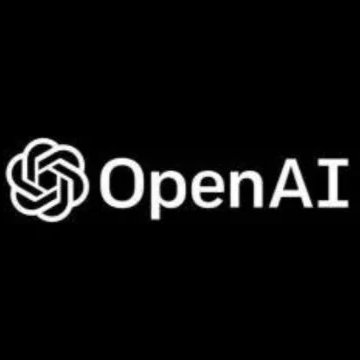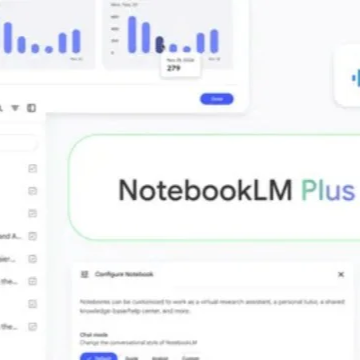The Rise of AI Agents: Beyond Traditional Automation
In the evolving landscape of digital transformation, AI agents represent a quantum leap from basic chatbots and rule-based automation tools. Unlike their predecessors, these agents can autonomously execute sophisticated workflows—including strategic planning, in-depth research, real-time data synthesis, and even ideation for innovative business solutions.
With the integration of advanced foundation models and multimodal intelligence, AI agents are becoming critical partners for employees, enabling them to interact seamlessly with both structured and unstructured data across silos. This new class of intelligent agents is helping businesses break free from fragmented systems and ushering in an era of cohesive, actionable enterprise knowledge.
Building an AI-Ready Information Ecosystem
To unlock the true potential of AI agents, organizations must cultivate an AI-ready information ecosystem. This involves:
- Unified Data Access: Breaking down silos to ensure information from platforms like Google Workspace, Microsoft 365, Salesforce, ServiceNow, Jira, and other cloud and on-premise solutions is accessible through a single, intelligent interface.
- Enterprise Knowledge Graphs: Leveraging AI to map relationships between employees, documents, data assets, and organizational knowledge—transforming scattered data into structured, actionable intelligence.
- Security and Compliance at Scale: Implementing robust governance frameworks, including role-based access controls, data encryption with customer-managed keys, and compliance with global data residency regulations.
Enhancing Productivity with AI-Driven Search and Agents
One of the most groundbreaking innovations is the integration of AI-powered, multimodal search capabilities directly into employee workflows. Imagine accessing text, images, audio, video, and web content from a single search box—right within your browser. This intelligent search capability significantly reduces time spent hunting for information, providing:
- Instant Access to Enterprise Data: Unified search across multiple platforms, delivering faster insights and enabling smarter decisions.
- AI-Powered Summarization and Analysis: Employees can quickly synthesize dense reports and documents, enhancing understanding and productivity.
- Contextual Knowledge Discovery: AI understands the organizational context, providing highly relevant and actionable results tailored to each user’s role.
No-Code Agent Creation: Democratizing AI for All Employees
The rise of no-code platforms is making AI more accessible than ever before. With intuitive interfaces, even non-technical employees can now design and deploy AI agents tailored to their specific needs:
- Agent Galleries: Centralized marketplaces where employees can discover and adopt pre-built AI agents that enhance productivity and collaboration.
- No-Code Agent Designers: Empowering business users to create custom AI agents that automate repetitive tasks, connect to enterprise data sources, and enhance knowledge work—without writing a single line of code.
This democratization of AI is fostering a culture of innovation across organizations, enabling faster adoption of intelligent automation.
Expert AI Agents: Transforming Research and Ideation
Advanced AI agents are now equipped to tackle some of the most complex business challenges:
- Deep Research Agents: Capable of synthesizing information across internal and external data sources to generate comprehensive, easy-to-digest reports. These agents handle everything from market analysis to policy research—saving valuable time for decision-makers.
- Idea Generation Agents: Inspired by the scientific method, these agents autonomously develop, evaluate, and refine novel ideas for business strategies, product innovations, and operational improvements.
By accelerating research and fostering innovation, these agents play a pivotal role in helping organizations stay competitive in fast-changing markets.
The Future of Multi-Agent Collaboration
As AI agents become more capable, the need for seamless communication between them is growing. The introduction of the open Agent2Agent (A2A) Protocol is a major step forward, allowing agents from different ecosystems to collaborate using a common language. This interoperability will be critical for:
- Cross-Platform Automation: Enabling agents to work across multiple applications and ecosystems.
- Complex Workflow Management: Allowing agents to delegate tasks, share insights, and collectively solve complex business challenges.
- Flexible Development Options: Giving developers and organizations the freedom to use preferred frameworks and tools without being locked into a single vendor.
Securing the Future: Enterprise-Grade Protections
With AI agents handling sensitive business data, security and compliance are paramount. Modern AI solutions offer:
- Advanced Data Scanning: Identifying and protecting sensitive information such as Personally Identifiable Information (PII) and Protected Health Information (PHI).
- Encryption and Access Controls: Ensuring that corporate data remains secure with encryption using customer-managed keys and strict role-based access.
- Compliance with Global Standards: Meeting data residency and compliance requirements for industries like finance, healthcare, and government.
Conclusion: The AI-Powered Workplace Is Here
The rise of AI agents marks the beginning of a new era in enterprise automation. Organizations that embrace this transformation stand to gain not just operational efficiencies, but also unprecedented levels of innovation and competitive advantage. With intelligent agents now capable of executing complex workflows, generating strategic insights, and fostering creativity, the future of work is smarter, faster, and more connected than ever before.
Source:cloud.googleChat GPT






